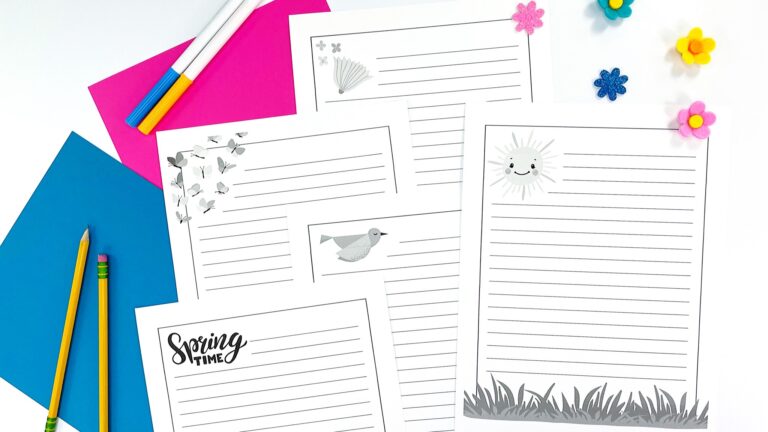You work hard to make sure your students are passionate readers. You make sure high-quality books line the shelves of your classroom library, even when they cost more than your monthly paycheck. So when you see a student who seems to have fallen in love with an author, it kind of takes your breath away, right? Enter the letter to an author.
Writers can change a person’s worldview. They take intangible things, like words and grammar, and build entire worlds. We’ve never met these authors, yet we feel like we know them because we know their characters or their settings. This kind of devotion and adoration needs somewhere to go.
Social media is such a constant presence that it can be easier and quicker to just send a tweet to your favorite author or Instagram a photo of you with their book in hand. But there’s still something special about a properly written letter. When writing to an author whose book made you laugh or cry or helped you understand your father more clearly, it’s hard to say enough in just 140 characters.
Recently I read a book put out by Candlewick Press called Journeys: Young Readers’ Letters to Authors Who Changed Their Lives. Inside, I read letters to writers from kids in grades 3 through 12 telling them how their lives were changed by the words on the page.
Here’s an excerpt from one letter sprung from The Lions of Little Rock:
“Dear Kristin Levine, … I am black. I am white. I am both. My grandpa was a black man. He was a member of the Black Panthers. My grandma is white and Jewish and was educated in a college in the North. [Your book made me think] of the idea of making questions to ask my grandma. … Your book helped me understand more about my history.”
Help your students connect to the writers that open up new spaces for them. Here are some tips:
Tell them their voice matters.
Readers make up half the story. A writer writes the book, but the reader makes sense of it. Help students tell their story as it connects to the book they’ve read. An author will be thrilled to hear it.
Explain that they might not get a reply.
Don’t let this stop your students from writing. The more famous an author, the less likely they will be to reply. The important piece of this is the letter from the student sharing a connection.
Take advantage of social media.
It’s super-easy to find authors now because of the Internet. They probably have a Web page and Twitter account. This will help you find out where to write to them.
Teach students how to write a letter.
Don’t assume they understand how to do this. Communication is a key skill that will help any person be more successful.
Include contact information.
Just because you might not get a reply doesn’t mean you won’t. Lots of authors will write back, and some might have assistants who will send signed swag. Don’t miss the opportunity to see the look on your student’s face when he gets a reply from someone he admires.
One happy by-product of connecting with authors is that some of them might become yearlong connections who write, tweet and Skype with your students. Many a relationship has been built through letters—share this art with the students in your classroom.

